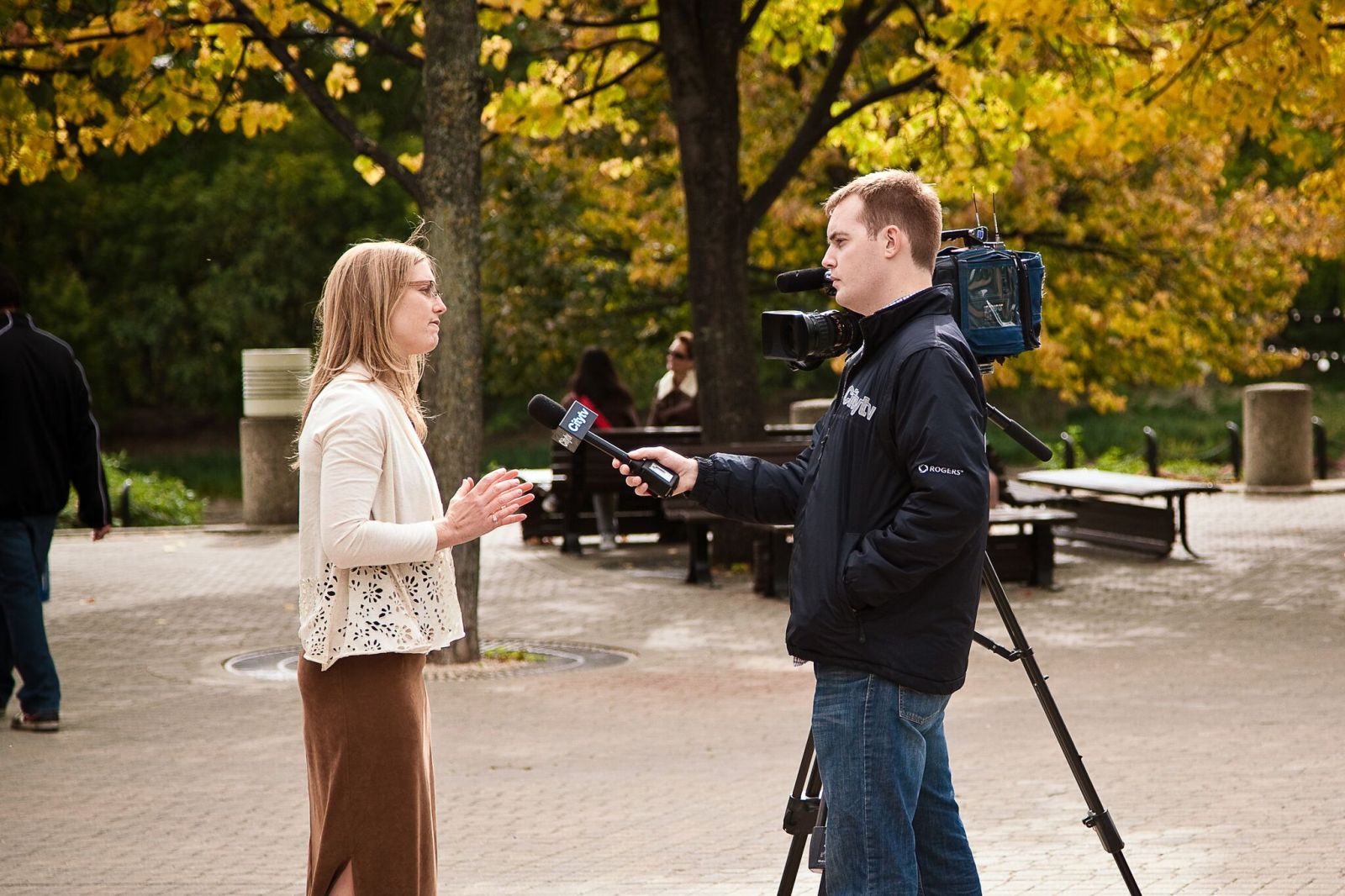
Affecting positive change
The international Association for the Sciences of Limnology and Oceanography (ASLO) has honoured Queen’s National Scholar in Ecotoxicology Diane Orihel with the Yentsch-Schindler Early Career Award. The award is given to an aquatic scientist for outstanding and balanced contributions to research, science training, and broader societal issues such as resource management, conservation, policy, and public education.
She is being honoured for her contributions to the study of environmental pollutants in freshwater ecosystems, her efforts to make science more accessible, her commitment to teaching and mentorship, and for her advocacy to preserve the Experimental Lakes Area.
Dr. Orihel has spent 20 years conducting large-scale manipulation experiments to understand the fate and effects of contaminants in freshwater ecosystems - science that has informed policy decisions to regulate environmental chemicals in North America and globally. Her research has advanced understanding of mercury contamination of food webs, environmental legacy of flame retardants, as well as nutrient cycling and harmful algal blooms. Most recently, her work has addressed the impacts of oil sands mining, oil spills, and plastic pollution on aquatic organisms.
In 2012, Dr. Orihel put aside her PhD studies to lead a campaign to retain Canada’s world-renowned Experimental Lakes Area (ELA), a globally unique field station where 58 freshwater lakes have been set aside for whole-ecosystem research. She has also earned distinctions rarely seen in early career researchers, including the Queen Elizabeth II Diamond Jubilee Medal from the Governor General of Canada and the Science Promotion Prize from the Canadian Council of University Biology Chairs.
Today, she teaches science communication to undergraduate and graduate students at Queen’s University and is leading efforts to develop a framework and pedagogy for inclusive science communication.
Dr. Orihel (Departments of Biology, Environmental Studies) adds the award celebrates the evolving role of aquatic scientists and their services to society.
“As an aquatic scientist who straddles the worlds of science and advocacy, I intend to use this accolade as a platform to affect positive change,” Dr. Orihel says. “As a woman in science, I hope this award helps young women to see themselves as the scientific leaders of tomorrow and as a first-generation scholar from an immigrant refuge family, receiving this award feels like a multigenerational achievement.”
Dr. Orihel was the last PhD student of Dr. David Schindler, for whom the Yentsch-Schindler Award is named. “I am also honoured to receive this award as it is named after my former mentor, the late Dr. David Schindler – an epic and groundbreaking scientist for whom I had the utmost respect,” Dr. Orihel says.
Dr. Schindler served as ASLO President from 1982-83 and received numerous awards from the society, becoming one of two of the award’s namesakes when it was created in 2012.
For more information about the award, visit the ASLO website.

